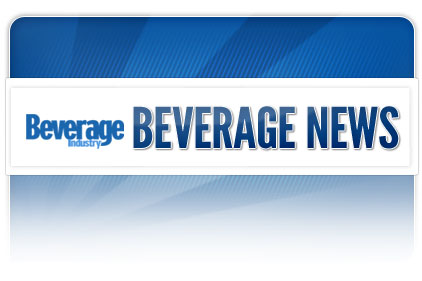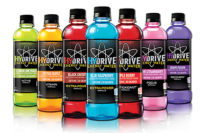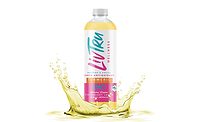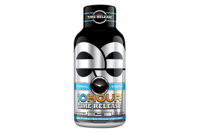When developing a functional drink, beverage-makers have to choose ingredients that will offer desired benefits to the consumer. For Washington, D.C.-based Advanced Nutrient Science International’s Xtreme Shock ready-to-drink (RTD) performance beverages, the brand used the carbohydrate glycerol as a “hyper-hydration” ingredient to replenish lost fluids and hydrate muscle tissues in order to reduce fatigue and boost performance, says Joe Sammarco, vice president of sales. It also used Octopalean, a natural thermogenic ingredient that increases metabolism, stimulate lipolysis and promote insulin sensitivity, he adds.
When creating its N.O-Xplode powder for sports nutrition, Bio-engineered Supplements and Nutrition Inc. (BSN)chose to include citrulline and beta-alanine, says Jeff Brucker, brand manager for new product innovation at the Boca Raton, Fla.-based company. Beta-alanine supports the buffering of lactic acid, which is associated with fatigue, muscle soreness and cramps, and citrulline promotes nitric oxide synthesis, he says. Nitric oxide causes increased blood flow to skeletal muscles to ensure an adequate supply of oxygen and metabolic fuel, according to the New York Academy of Sciences.
However, when working with different formats and ingredients, beverage-makers have to take the formulation issue of stability into account. When BSN was designing its N.O-Xplode RTD performance and energy beverage, it found that it could not include powdered creatine because it does not remain stable in liquid solution, Brucker says.
To overcome this challenge for other applications, Jack Owoc, chief executive officer and chief strategy officer for Weston, Fla.-based VPX, created a more stable form of the organic acid by combining it with glutamine, an amino acid. The result is his patented, aqueous-stable, ultra-potent, performance-enhancing and muscle-building peptide known as Creatine L-Glutamine. “The Creatine L-Glutamine peptide makes the two most sought-after performance-enhancing [organic and] amino acids, creatine and glutamine, stable in an aqueous or water-based system,” he explains. “The challenge with creatine and glutamine is they convert to useless compounds known as creatinine and glutamic acid, [respectively]. However, my newest patent chemically combines both creatine and glutamine so that both of these potent amino acids remain stable in a water-based sports drink.” In addition, the Creatine L-Glutamine peptide can help increase athletic performance and build muscle for athletes and also offers potential pharmaceutical drug applications for muscle atrophy diseases, Alzheimer’s disease, Parkinson’s disease and some forms of dementia, he says.
Related: Beverage-makers find the right performance ingredients for victory




